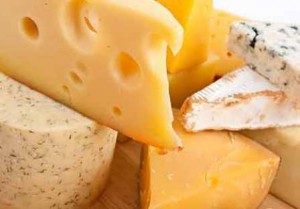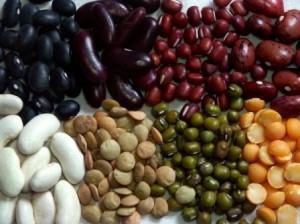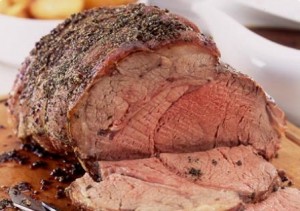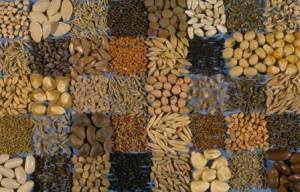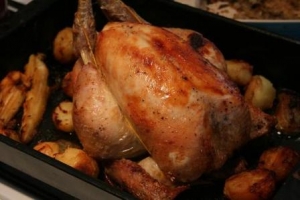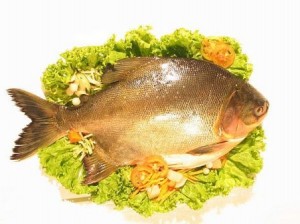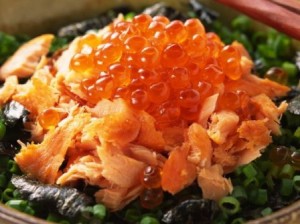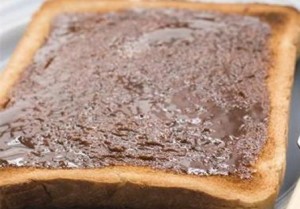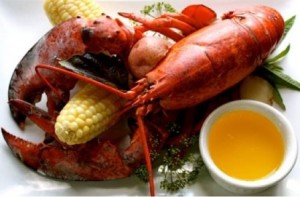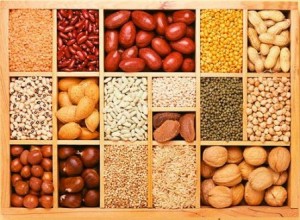
Proteins; making you harder better faster stronger!
Proteins constitute a class of macronutrients that are of the amino acid family and fulfill the basic energy requirements of the human body. Proteins should be consumed at an average of 45 to 55 grams a day, specified according to your age, body mass and gender. Proteins not only serve as a basic source for your energy but it also acts in the growth and development of vital muscles and tissues in your body.
#1: Cheese
Of all cheeses Low Sodium Parmesan cheese provides the most protein with 41.6 grams per 100 grams of a serving. Various other cheeses like Romano, Mozzarella, and Swiss provide around 28-30 grams of protein per 100 grams of a s serving. Softer cream cheeses, or spread cheese provide as much as up to 1 grams of energy per 100 grams of a serving. It is recommended to include dietary cheese as part of your breakfast or the most energy efficient meal of your day.
#2: Mature (Large) Beans
Beans and lentils are an essential source of protein. Soybeans serve as much as up to 39.6 grams of energy. It’s an interesting fact that the older and mature a bean gets the higher protein content it carries.
Lean Veal and Beef
Lean meat produces the most efficient source of protein when cut in veal. It may add up to as much as 36 grams of protein per hundred gram serving. A very common misconception is that meat provides us with a greater source of energy than any other which however is not the case.
#4: Seeds
A very popular content of middle eastern or Asian diet, seeds such as that of watermelon and squash serve up to 33 grams per 100 grams of serving. If you find it arduous to find them in your local supermarket you may find it at one of your nearby cultural stores.
#5: Lean Meats
Falling second in the category of meat is white meat, particularly of broiler chicken that constitutes of about 32.8 grams of protein per hundred grams of serving. It falls second to red meat which is the leading source of proteins from mammal sources.
#6: Fish
A very important constituent of oriental diet , fish serves us over a range of 26 to 29 grams depending on the species and the method of preparation. The lesser use of oils and the lesser cooking time tend to inoculate and not disintegrate the protein constituents of diet.
#7: Fish Eggs
Although exquisite and invariably expensive, caviar and roe surprisingly serve us with a greater source of protein than chicken eggs. While the sea food component offers up to 26 grams of protein per 100 grams serving, its pretty feathered counterpart barely serves as much as half of it.
#8: Yeast Extract Spread (aka: Marmite)
A popular content of vegetarian diet, yeast spreads have become very common in dietary inclusions over Europe and the Americas. A spoonful of such extract is known to serve up to 1.7 grams of protein per tablespoon of servings.
#9: Lobster and Crab
Shells on these creatures perhaps serve to keep out the proteins with a hundred grams of serving providing up to 27 grams of proteins.
#10: Lentils, Pulses, and Peanuts
Of the Lentils family in a broader classification, peanuts serve us with the greatest source of energy out of this category. Make sure your peanuts aren’t fried because that could add massively to your cholesterol soaring and the extra salt sufficing your hypertensive needs.

